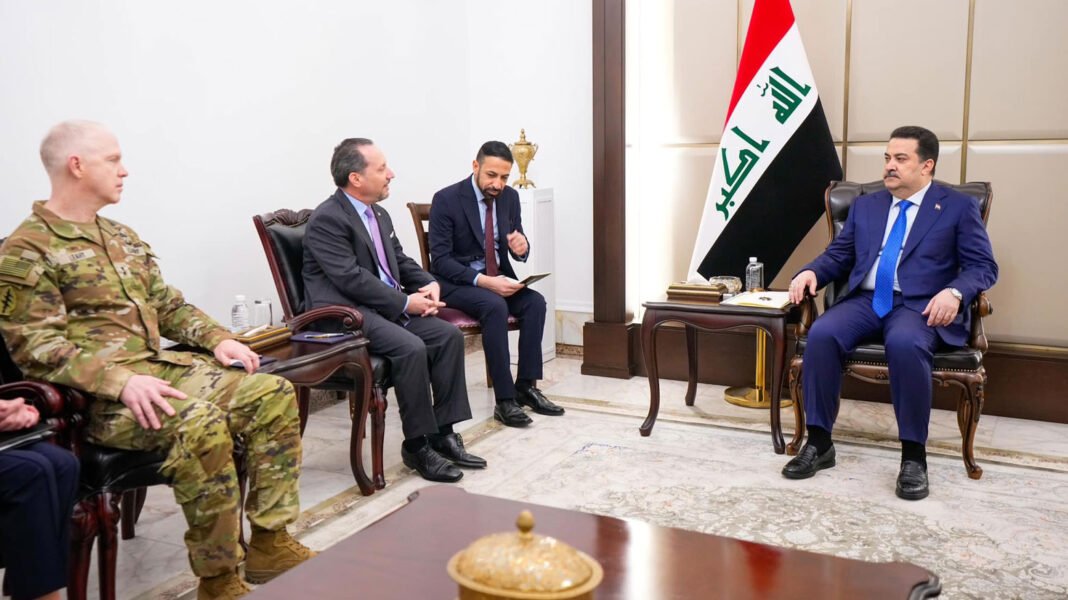Iraq stability efforts continue as the country enjoys a calm period after decades of conflict. However, the peace remains fragile. Despite progress, many underlying issues persist. Citizens still demand stronger government services and real reform.
Prime Minister Mohammed Shia al-Sudani set clear goals for change. He focused on fighting corruption and reducing poverty. Additionally, he aimed to lower unemployment and improve services. These targets shaped his early policies. Furthermore, the government passed its largest budget in history. This move supported development plans through long-term funding.
Even with this progress, many Iraqis still feel unheard. The mass protests of recent years revealed deep frustrations. Protesters called for better public services and jobs. They also demanded accountability and an end to corruption. These issues still spark anger today. Although the streets are quieter, tension lingers under the surface.
Iraq stability efforts now face new tests. Climate change pressures the economy and society. Water shortages and extreme heat create daily struggles. Leaders must act quickly to address the crisis. At the same time, they must reduce reliance on oil. Iraq depends heavily on fossil fuels for income. But global energy shifts demand economic change.
Meanwhile, some positive steps deserve notice. The government advanced several human rights laws. It implemented policies to protect civilians. Furthermore, it pushed forward the Yazidi Survivors Law. These laws offer hope to many victims of violence and abuse. Yet, key laws remain stuck in political deadlock. The draft laws on child protection and domestic violence remain stalled. Political infighting continues to block progress.
In the Kurdistan Region, local leaders also promoted rights initiatives. They shared updates on a five-year plan for human rights. Their work included reforms and awareness programs. These actions reflect a growing awareness of rights issues across Iraq. Still, gaps in law and practice remain wide.
As Iraq stability efforts move forward, public patience wears thin. Many citizens expect faster action on reforms. They demand more transparency and better results. Furthermore, they call for more inclusive governance. Political leaders must now meet these expectations. They cannot delay tough decisions any longer.
Ultimately, Iraq faces a critical moment. The country enjoys a rare period of calm. Yet, only bold reforms can turn calm into lasting peace. Iraq stability efforts must evolve to meet modern challenges.


